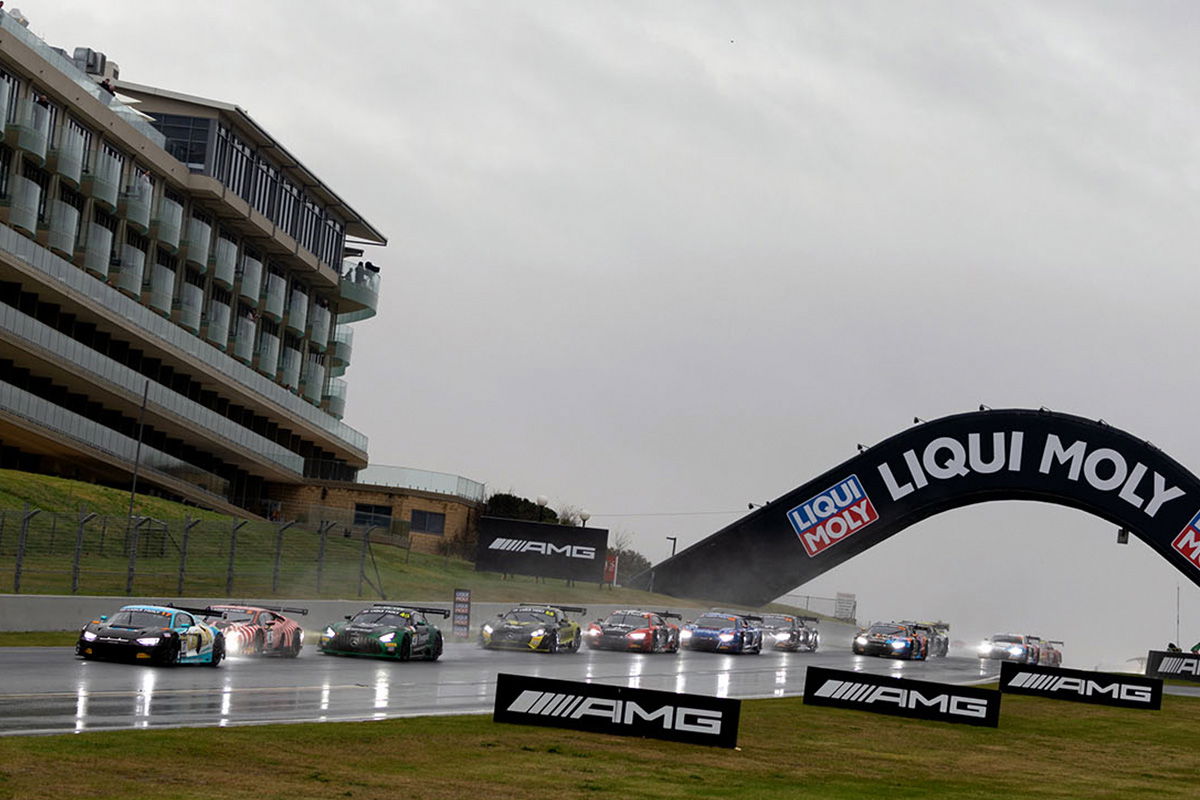
Next year’s Liqui Moly Bathurst 12 Hour will be the first step in restoring SRO’s Intercontinental GT Challenge to its ‘former glory’, according to Stephane Ratel.
Last weekend’s event saw a return of Australia’s international enduro for the first time in two years, having been cancelled altogether in 2021 and pushed back to May in 2022.
Still stifled by the effects of the pandemic, the return of the Bathurst 12 Hour for the first time in more than 800 days saw an entry list of only 20 cars and a sole international team.
A date for the 2023 edition of the race has already been confirmed for February 3-5, with the event moving back to its traditional early-February slot and remaining as the IGTC season-opener.
SRO Motorsports Group boss Stephane Ratel stressed that holding the once-around-the-clock Mount Panorama enduro in May this year was temporary.
Ratel spoke with confidence that next year’s race will be a resumption of normal service and the first rung on the ladder in taking the globe-trotting IGTC back to its former glory.
However, getting the Bathurst 12 Hour back to the 21 all-professional line-ups seen in 2020 relies on the stability of a five-race calendar.
“We hope so, the most important part, I think we know [what] the Australian grid can be,” Ratel told Speedcafe.com when asked how the 2023 Bathurst 12 Hour might look.
“The key element is to bring back more foreign teams and in order to do that, the IGTC has to go back to its former glory to what it was prior to COVID.
“The most important thing is to rebuild a strong calendar and that’s what we’re working on.
“We really hope to bring back the five events that made IGTC and we’re really working on it; it’s a work in progress.
“We hope that by the time of the Spa 24 Hours at the end of July we’ll be able to announce the full calendar for 2023 with Bathurst being back on its traditional date on the first weekend of February.
“The problem we have [is] that the international sportscar calendar is so busy between IMSA, WEC, Fanatec GT World Challenge and the rest of it, that is very difficult to have a date which fits on the international sportscar calendar.
“And when you have it, it’s difficult to move from it.”
Ratel explained that while rebuilding the IGTC calendar they must consider teams that want to compete at all the events.
Key in this is spacing the rounds out over the five continents so that international teams can ship cars and equipment by sea to be cost-effective, a concept IGTC was originally built on.
“I think it’s important that the Bathurst 12 Hour goes back to its original date,” Ratel affirmed.
“And we can work around that and build a better balance and more appealing calendar, which allows the teams that want to do everything to travel.
“[They can] use only sea freight, to reduce costs and to be more sensible in terms of environmental footprint, while joining together these five iconic events on five continents, which is what made IGTC a success.”
This year’s IGTC season will comprise four rounds, having started at Bathurst last weekend before the Spa 24 Hours at the end of July.
An eight-hour race at Indianapolis in October and the Kyalami 9 Hours in South Africa in December complete the calendar.





















Discussion about this post